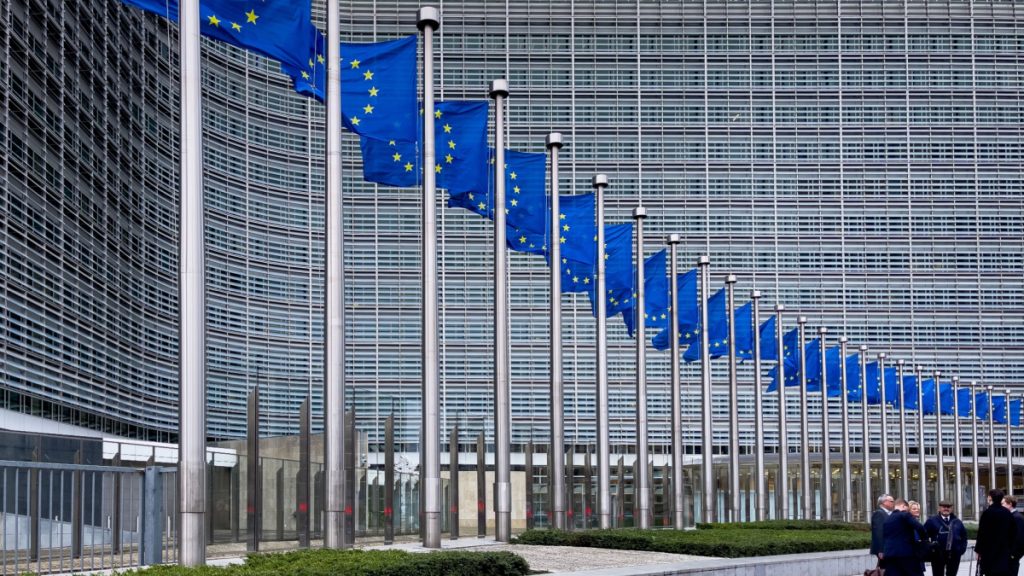EU's Groundbreaking Draft to Reign in AI Giants like ChatGPT

BRUSSELS, BELGIUM: The European Parliament has taken a significant step towards regulating artificial intelligence (AI) products with the passage of the first draft of the EU AI Act regulations. The proposed law aims to ensure a safe development and application of AI systems, all while ensuring they respect international human rights laws.
The EU’s initiative sets an example for other nations grappling with the need for AI regulations, and it emphasizes the responsible use of AI technologies without stifling innovation.
The draft of the AI Act imposes restrictions on technologies like facial recognition software and calls for transparency from AI developers, including those responsible for the creation of systems like ChatGPT and Bing Chat. This move aims to encourage AI developers to share more data about their systems and prevent the generation of illegal, racist, or biased content. The final version of the law is expected to be passed later this year after negotiations between the European Parliament, European Commission, and Council of the EU are concluded.
Jonathan Boakes, the Managing Director at Infinum in the UK, lauded the AI Act, stating to ZDNET that “the Act should actually mean tech developers have to get more creative, rather than just jumping on the AI hype train and using it for the sake of it with little thought around what they want it to achieve.” Boakes believes that the AI Act will play a crucial role in ensuring responsible governance, protecting consumer rights and privacy, and stimulating innovation.
As one of the first comprehensive AI laws in the world, the EU’s AI Act places the region ahead of the US and other countries in terms of AI regulation and policy. Boakes explained, “The AI Act serves as a necessary framework to harness AI’s potential while prioritizing consumer needs and creating a sustainable AI ecosystem.”
Policymakers worldwide are recognizing the importance of strong government regulation on AI development and use. In the US, bipartisan bills have been introduced to ensure AI transparency, address risks associated with AI, and maintain a leadership role in innovation. The US is also proposing rules to test AI systems, protect user data, and safeguard privacy. Similarly, China is imposing strict censorship rules and control over AI technologies and data.
While these efforts demonstrate the global momentum toward AI regulation, the effectiveness of such laws remains to be seen. The fast-paced development of AI technologies, particularly generative AI, continues to shape the industry rapidly.
The AI Act signifies a crucial step towards responsible AI governance, placing the EU at the forefront of AI regulation. By prioritizing consumer needs, protecting privacy, and fostering innovation, the EU aims to harness AI’s potential in a sustainable manner. With the final version of the AI Act expected to be passed later this year, the world will be closely watching how the EU’s approach to AI regulation unfolds.
In the words of Jonathan Boakes, “At the moment we have barely scratched the surface of AI’s potential and its greatest possibilities.” The EU’s AI Act paves the way for a future where AI can thrive while ensuring ethical and responsible use, making it a vital framework for the rapidly evolving AI ecosystem.
Inside Telecom provides you with an extensive list of content covering all aspects of the tech industry. Keep an eye on our Intelligent Tech sections to stay informed and up-to-date with our daily articles.
